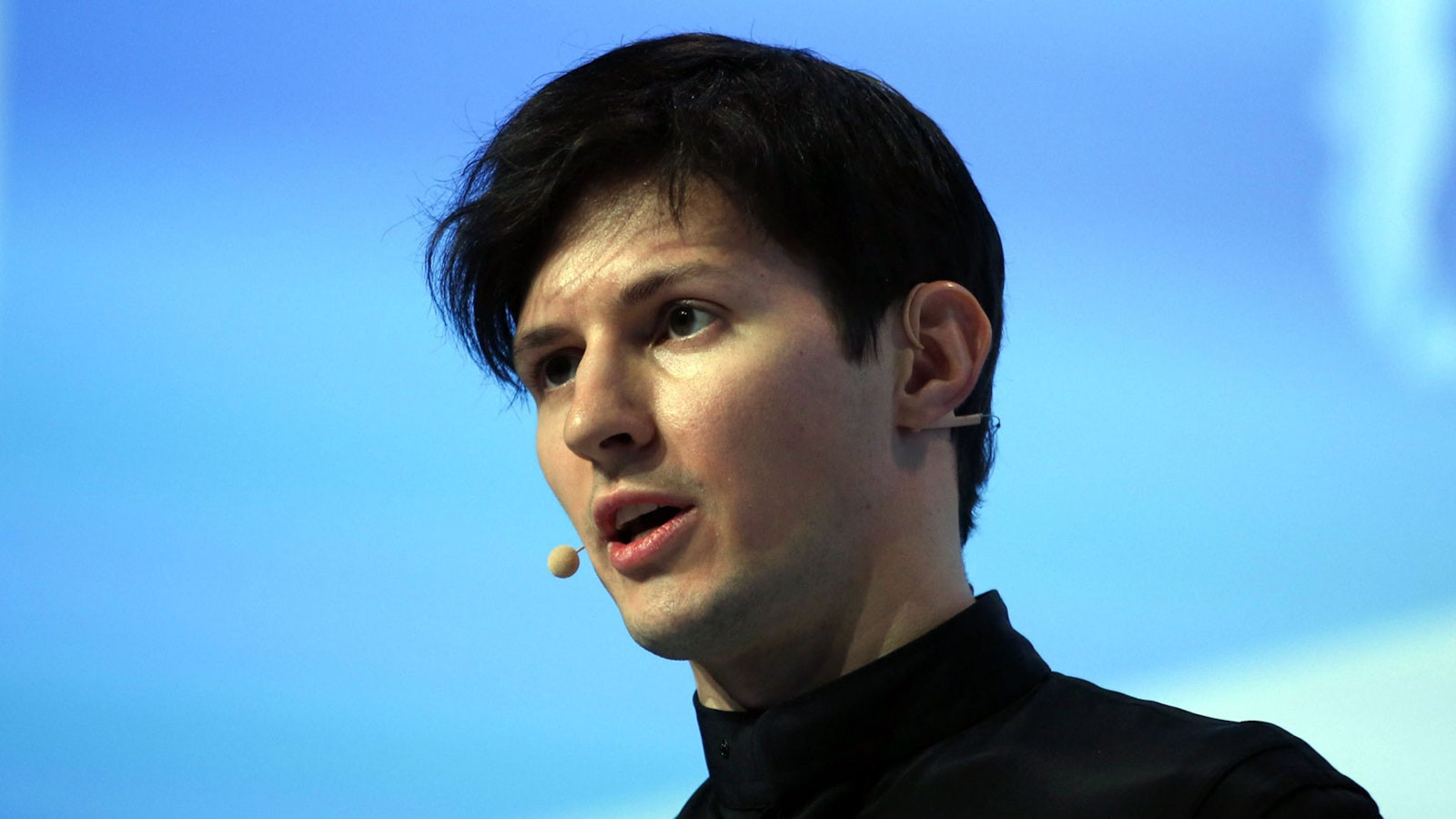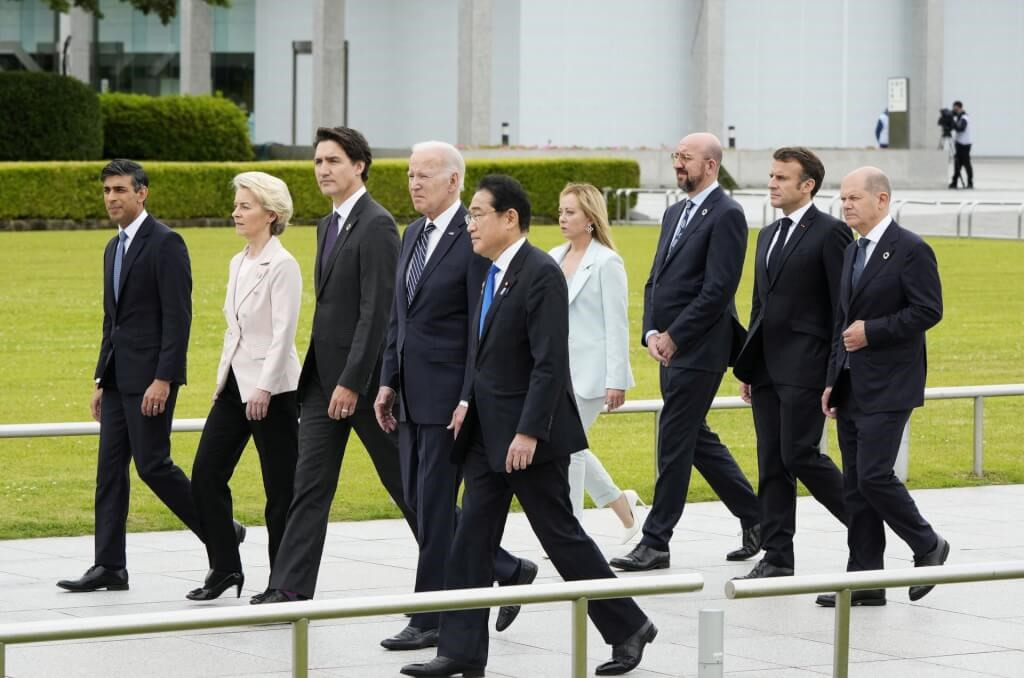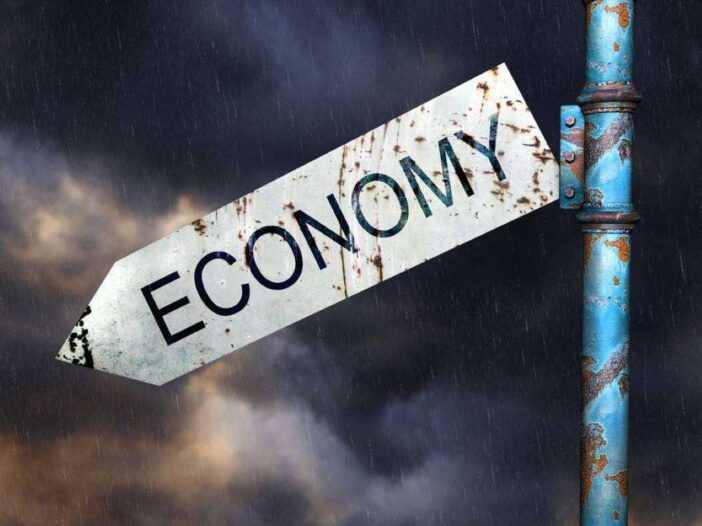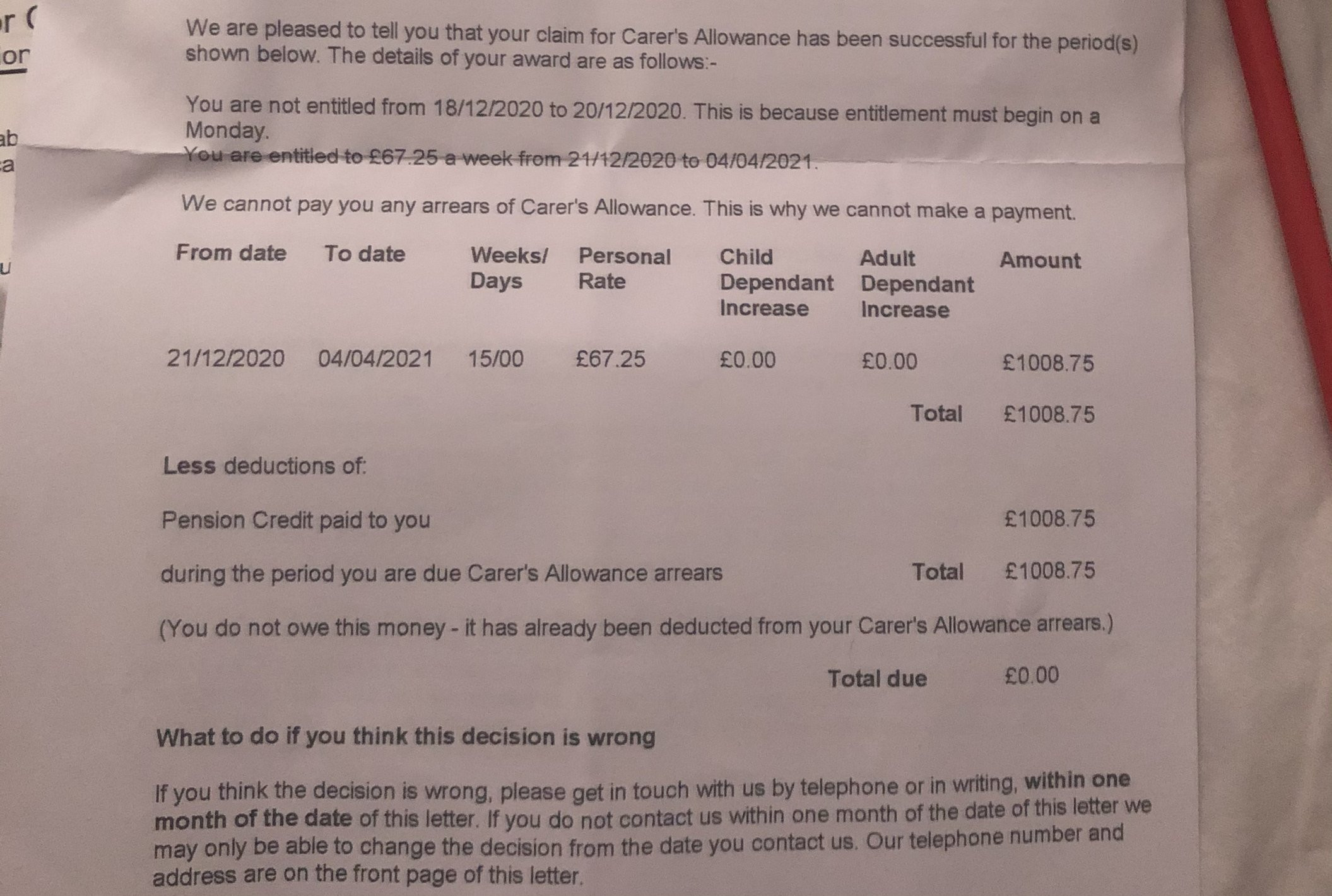Pavel Durov, the billionaire founder and CEO of the Telegram messaging app, has been detained by French authorities upon his arrival at Le Bourget airport on Saturday evening. Unconfirmed reports suggest that the arrest is linked to allegations of failing to censor content on the messaging platform, potentially including charges related to terrorism and money laundering.
News of Durov’s arrest has spread rapidly on social media, accompanied by varying levels of detail and credibility. While the official confirmation from French authorities is still pending, the reports have sent shockwaves through the tech community and the cryptocurrency market.
Durov, known for his outspoken stance on privacy and free speech, has faced ongoing tensions with governments around the world. His arrest in France marks a significant escalation in these conflicts, raising questions about the future of Telegram and its commitment to user privacy.
The Allegations Against Durov
The French authorities have not yet officially confirmed the charges against Durov, but French news outlets BFMTV and TF1 have reported that the investigation focuses on the lack of moderators on Telegram and the potential for criminal activity to occur on the platform. The reports suggest that French authorities are concerned that Telegram’s lack of moderation allows for the spread of illegal content, including child sex abuse materials, money laundering, and drug trafficking.
Telegram's Popularity and Its Role in Global Events
Telegram, particularly influential in Russia, Ukraine and the republics of the former Soviet Union, is ranked as one of the major social media platforms after Facebook, YouTube, WhatsApp, Instagram, TikTok and WeChat. It aims to hit 1 billion users in the next year.
After Russia launched its invasion of Ukraine in 2022, Telegram has become the main source of unfiltered — and sometimes graphic and misleading — content from both sides about the war and the politics surrounding the conflict. The app has become the preferred means of communications for Ukraine's President Volodymyr Zelenskyy and his officials. The Kremlin and the Russian government also use it to disseminate their news. It has also become one of the few places where Russians can access news about the war.
International Reactions to Durov's Arrest
The arrest of Durov has sparked reactions from around the world. The Russian Embassy in France has demanded consular access to Durov and stated that they are in contact with his lawyer. Several Russian politicians have criticized France for what they perceive as a totalitarian crackdown on free speech. Tech mogul Elon Musk has also expressed concern over the arrest, saying that it represents a trend towards censorship in Europe.
Durov's arrest has raised concerns about the future of Telegram and its commitment to user privacy. It remains to be seen what the outcome of the investigation will be and what impact the arrest will have on the messaging platform. The arrest has also brought into focus the ongoing tension between governments and tech companies regarding content moderation and user privacy.
The Future of Telegram
The arrest of Durov could have a significant impact on the future of Telegram. The company may face increased pressure from governments to moderate its content, which could potentially harm its appeal to users who value its privacy and security features. However, the arrest could also serve to solidify Telegram’s position as a haven for free speech and privacy, attracting users who are concerned about censorship and government surveillance. Only time will tell how the arrest will ultimately shape the future of Telegram.
The Implications of Durov's Arrest
The arrest of Durov serves as a reminder of the complex and evolving relationship between governments and tech companies. The rise of social media has brought with it new challenges for governments, who are struggling to balance the need to protect their citizens from harmful content with the need to uphold free speech and privacy. The arrest of Durov suggests that this struggle is likely to continue in the years to come.
This event also highlights the growing tension between the West and Russia. Russia’s government has increasingly sought to control its citizens’ access to information, and the arrest of Durov may be seen as an attempt to pressure Telegram to comply with its demands. This incident could further exacerbate the already strained relations between Russia and the West.
The Wider Implications of Censorship
Durov's arrest has raised concerns about censorship and its potential impact on the global flow of information. In a world increasingly reliant on social media platforms, the ability of governments to restrict access to information is a serious concern. The arrest of Durov has sparked debate about the role of tech companies in combating harmful content while upholding free speech and privacy. The implications of this event extend beyond the confines of Telegram, and raise questions about the future of online communication and the balance between security and freedom.
The Future of Online Communication
The arrest of Durov has brought into sharp focus the ongoing debate about the future of online communication. As social media platforms continue to grow in importance, the need for a clear and balanced approach to content moderation and user privacy is becoming increasingly crucial. The arrest of Durov, along with other recent incidents, suggests that this debate is likely to continue to be a major topic of discussion in the years to come. The future of online communication hinges on finding a solution that safeguards users from harmful content while protecting their right to free expression and privacy.

















